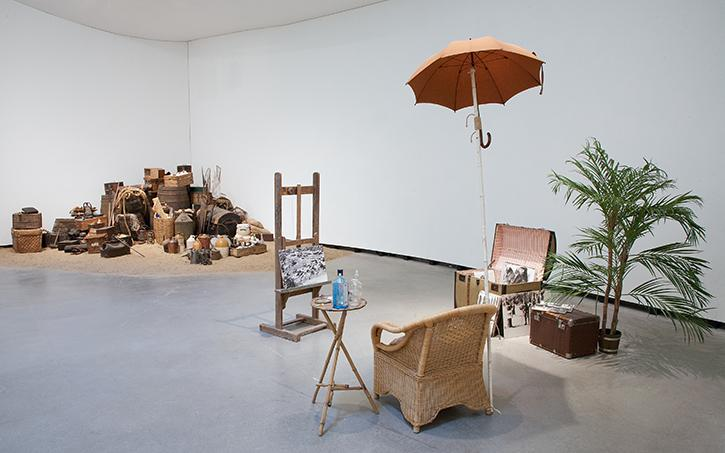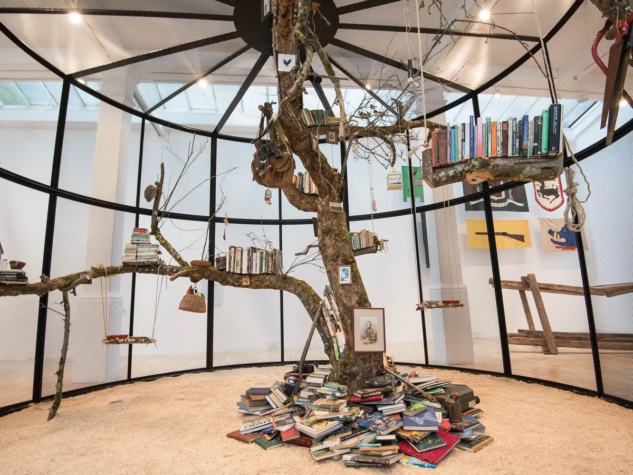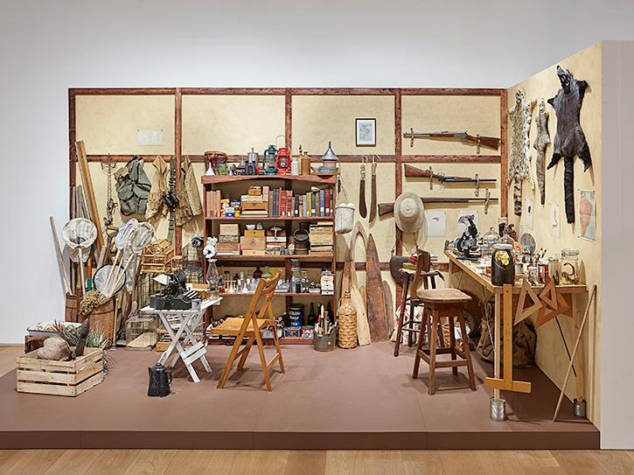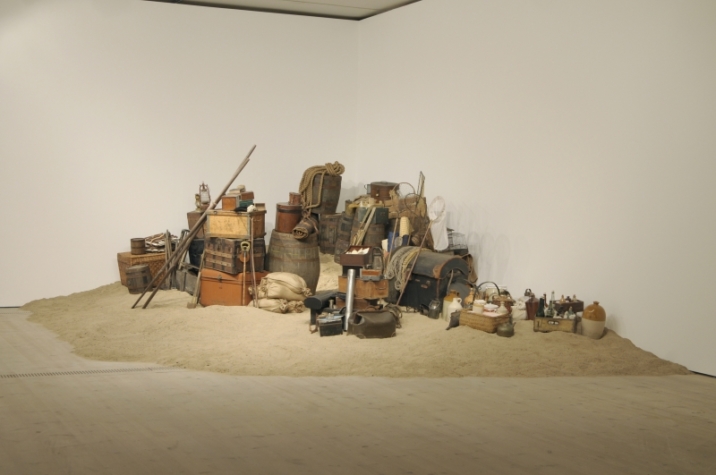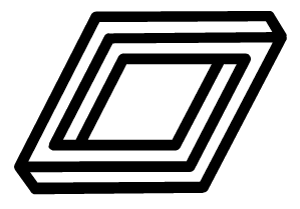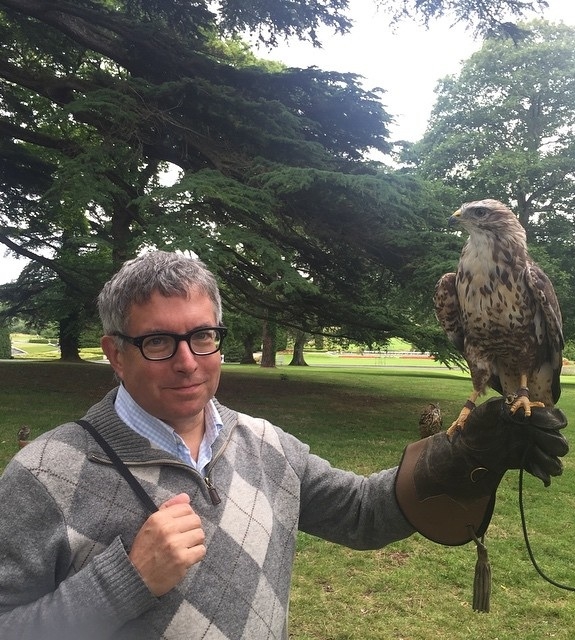
The Culture of Nature
with Mark Dion
Mark Dion will lead conversations and investigations into The Culture of Nature, but this course will focus on artists who explore animal issues. Artists who depict, investigate or collaborate with other living beings will be discussed and the history of ideas around our understanding of animals will be explored. The artist promises this course will be not merely illuminating but also fun. Fellows will be expected to research, make presentations, and do quick-paced assignments.
April 17th - April 26th
Wed, Thur, Fri
1:00 - 3:30pm EST
16
Students
$2,000 New Student
$1,750 Returning Student
USD
Mark Dion was born in New Bedford, Massachusetts in 1961. He received a BFA (1986) and an honorary doctorate (2003) from the University of Hartford, Hartford Art School, and attended the Whitney Museum of American Art’s Independent Study Program.
Dion’s work examines the ways in which dominant ideologies and public institutions shape our understanding of history, knowledge, and the natural world. Appropriating archaeological, field ecology, and other scientific methods of collecting, ordering, and exhibiting objects, Dion creates works that question the distinctions between ‘objective’ (‘rational’) scientific methods and ‘subjective’ (‘irrational’) influences. Dion also frequently collaborates with museums of natural history, aquariums, zoos, and other institutions mandated to produce public knowledge on the topic of nature.
By locating the roots of environmental politics and public policy in the construction of knowledge about nature, Mark Dion questions the objectivity and authoritative role of the scientific voice in contemporary society, tracking how pseudo-science, social agendas, and ideology creep into public discourse and knowledge production.
